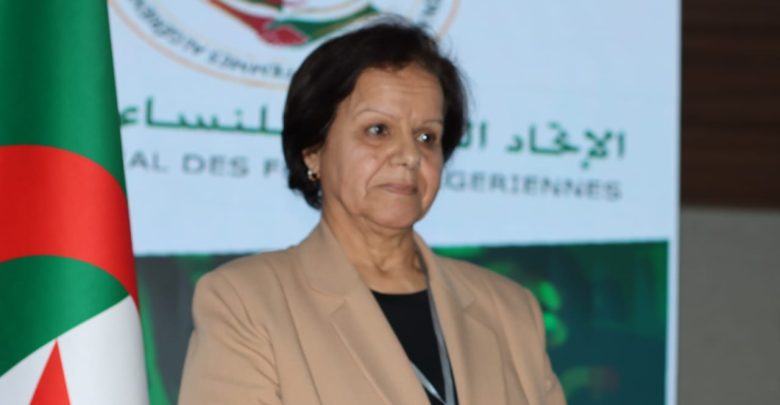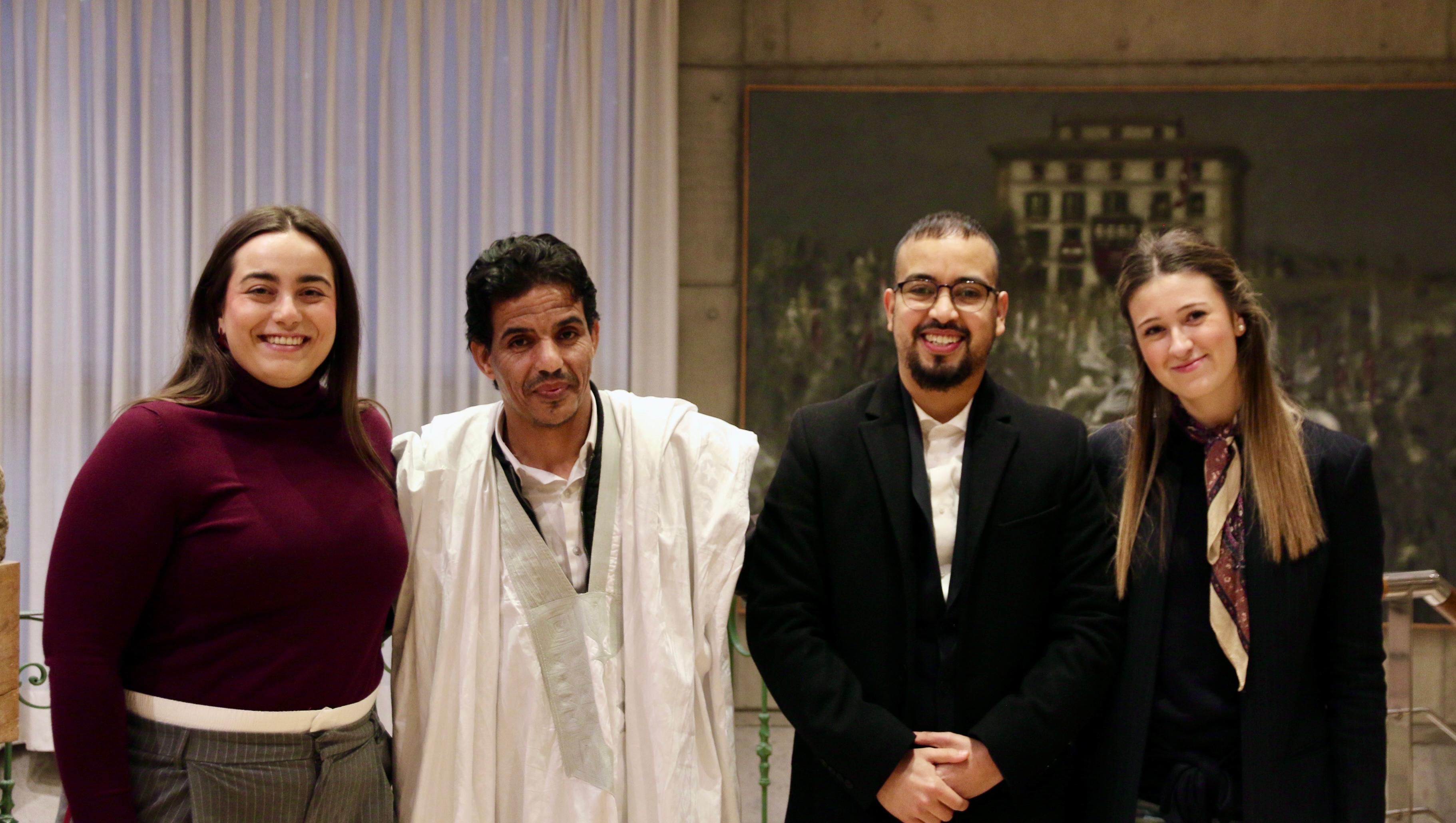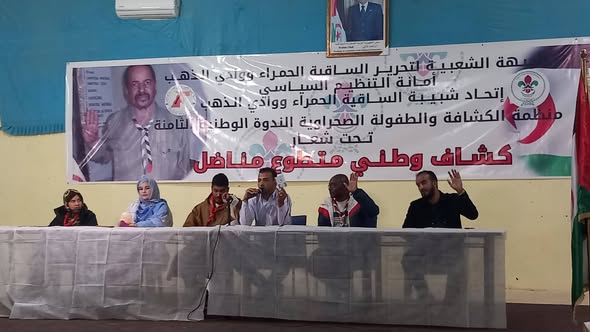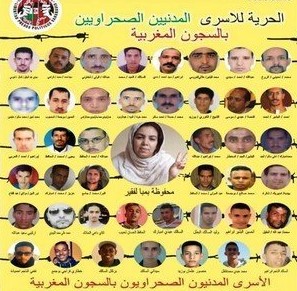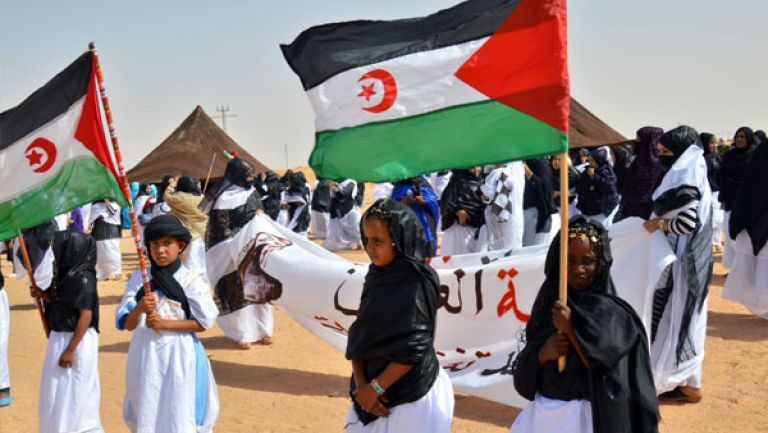
Algiers, 10 May 2024 (SPS) - The Sahrawi people are celebrating on Friday the 51st anniversary of the creation of the Popular Front for the Liberation of Saguia El-Hamra and Rio de Oro (Polisario Front), in a context marked by unprecedented international and regional changes that have led to a broader popular support for the objectives and ideals of the Front, which has achieved several accomplishments on the ground in the establishment of a liberation project that has given new impetus to the Sahrawi issue at all levels.
After decades of peaceful resistance, repeatedly suppressed by the Spanish colonial authorities, and within the framework of the recognition by the United Nations (UN) of the legitimacy of their struggle for self-determination and freedom, the Sahrawi people became aware of the imperative to intensify the fight within the framework of a national liberation movement and to opt for armed struggle for liberation. Thus, the Polisario Front was created on May 10, 1973, to become the sole legitimate representative of the Sahrawi people.
From its inception, the Polisario Front embarked on a pivotal stage in the history of the Sahrawi people's struggle by deciding on May 20, 1973, to launch armed struggle, affirming the people's commitment to their just cause and announcing the rupture with a period of colonial domination. It thus became a model of struggle among liberation movements worldwide aspiring to break free from colonial yoke.
The anniversary of the Front's creation comes 51 years after a continuous struggle on all fronts, where the Sahrawi people's pain has blended with their hopes, resolved to move forward to achieve their independence, stated Bachir Moustapha Seyed, adviser to the Sahrawi president, to APS.
For Mr. Bachir, this anniversary "represents an important milestone in the struggle, proceeding from the unwavering conviction that sacrifices are inevitable to liberate the country and fulfill the Sahrawi people's dream of building their independent and sovereign state and completing the decolonization process in Africa."
The assessment of over half a century of resistance and struggle on all fronts represents, in the eyes of the Sahrawi adviser, "an important achievement for the Sahrawi people under the leadership of the Polisario Front, in light of the major accomplishments on the military scene, the consolidation of the foundations of the modern Sahrawi state with all its institutions, and the expansion of the national struggle, especially since the Sahrawi Republic is a founding member of the African Union (AU), an undeniable national, regional, and international reality, and a state that has established numerous relations around the world."
Today, under the leadership of the Polisario Front, the Sahrawi people continue their struggle by targeting the positions and strongholds of the Moroccan occupiers since the decision to resume armed struggle on November 13, 2020, in response to Morocco's flagrant violation of the ceasefire agreement, until the recovery of national sovereignty over the entire territory of Western Sahara.
"Despite the significant difference in terms of numbers and equipment in the past and present, the Polisario Front has succeeded in liberating large parts of the Sahrawi territory during certain periods of armed struggle and continues its march to regain sovereignty over the remaining lands," the same official added.
Among the most important achievements, he said, is "thwarting the Moroccan plan to impose a permanent occupation of Sahrawi lands, especially after the defeats suffered due to continuous bombings targeting the Moroccan occupiers' strongholds, demonstrating that the Sahrawi side has surpassed the Moroccan war machine, as evidenced by the battles of Ezzag and Tan-Tan, among others."
The Polisario's decision to resume armed struggle has indeed had a significant impact on the Western Sahara issue diplomatically and in the media
This decision marked a turning point in the United Nations peace process and drew international attention to the situation in Western Sahara.
The Polisario representative to the United Nations emphasized that the continuation of armed struggle had injected "new life" into the Western Sahara issue, which had remained in a state of "neither war nor peace" for nearly three decades. International media, both Arab and foreign, began addressing the Western Sahara issue from various angles, thereby breaking the silence surrounding the situation.
United Nations Security Council Resolution 2494 (2019), adopted shortly before the Polisario's decision, strengthened the position of the Sahrawi party within the UN. It was regarded as a just and necessary resolution in the face of Morocco's intransigence and the Security Council's failure to enforce the peace plan. This resolution disoriented the Moroccan state and other parties seeking to block the process.
The Secretary-General's report to the UN, since October 2021, acknowledging "the resumption of hostilities" in Western Sahara and the Security Council's expressed concern about the "collapse of the ceasefire," contradicted the propaganda of the Moroccan state aimed at deceiving public opinion about the reality of the war and the human and material losses inflicted by the ongoing attacks of the Sahrawi People's Liberation Army (APLS).
The Polisario's main mission since its inception has been to lead the liberation struggle of the Sahrawi people and defend their national aspirations and their right to self-determination and independence. The decision to resume armed struggle is a manifestation of this mission, aiming to extend Sahrawi sovereignty over the entire territory of the Sahrawi Republic.

